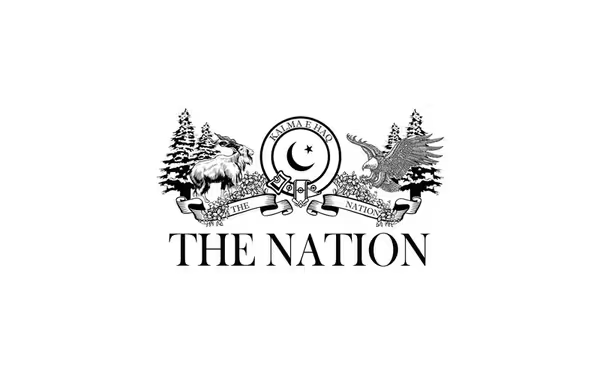Saturday, October 5, 2024 10:40 PM
Round Table Conference Condemns Elections in Occupied Kashmir
- Elections in IIOJK deemed a 'farce' by conference participants.
- BJP's agenda marginalizes the Muslim majority in Kashmir.
- Call for genuine political leadership and self-determination.
 Image Credits: nation_pk
Image Credits: nation_pkRound Table Conference in Islamabad rejects recent elections in IIOJK, highlighting the struggle for Kashmiri identity and self-determination.
In recent times, the political landscape of Jammu and Kashmir has been a focal point of intense scrutiny and debate. The region, which has been under illegal Indian occupation, has witnessed a series of elections that many have labeled as a mere facade. A Round Table Conference held in Islamabad on Friday brought together prominent speakers who collectively rejected the legitimacy of these elections, describing them as a 'farce'.
The discussion, hosted at the Institute of Regional Studies, delved into the implications of the recent electoral process in the Illegally Indian Occupied Jammu and Kashmir (IIOJK). Maryam Mastoor, a research analyst, opened the dialogue by referencing the Reorganisation Act of 2019. This act has significantly shifted power dynamics, placing much of the executive authority in the hands of the Lieutenant Governor, who is appointed by the Indian central government. Consequently, the roles of the Chief Minister and the assembly have been reduced to mere ceremonial functions, raising questions about the true representation of the Kashmiri people.
Ambassador Jauhar Saleem, the President of the Institute of Regional Studies, highlighted the multilayered control exerted by India over IIOJK. He pointed out that despite the oppressive environment created by illegal legislation and a heavy military presence, the people of IIOJK have utilized the electoral process to express their dissent against the Bharatiya Janata Party (BJP) and its policies. This act of voting, even in a flawed system, serves as a form of protest against the ongoing oppression.
Professor Mujeeb Afzal further elaborated on the BJP's agenda, asserting that the party is not genuinely interested in the welfare of the people in IIOJK. Instead, he argued, the BJP is focused on promoting a Hindu-centric agenda that marginalizes the Muslim majority in the region. He emphasized, 'Therefore the sentiment in the Muslim majority Kashmir Valley is to defeat BJP,' reflecting a widespread desire for political change.
Kashmiri leader Altaf Hussain Wani also contributed to the discussion, stressing the importance of maintaining Kashmiri identity in the face of political hegemony. He stated, 'The fight isn’t just about the number of voters; it’s about ensuring our voices are heard and our rights are preserved.' This sentiment resonates deeply with many Kashmiris who feel their identity is under threat.
Dr. Waleed Rasool highlighted the need for genuine political leadership in IIOJK, one that confronts the military control imposed by India and advocates for the right to self-determination. His remarks underscored the evolving nature of political dynamics in the region, suggesting that true leadership must rise to the occasion and represent the aspirations of the Kashmiri people.
As the conference concluded, the President of the Institute of Regional Studies called for ongoing engagement with the people of IIOJK. He emphasized the importance of informed dialogue to navigate the complex and evolving situation in the region. 'This conversation is important for the future of millions of Kashmiris,' he remarked, highlighting the critical need for continued advocacy and support for the rights of the Kashmiri people.
In summary, the rejection of the recent elections in IIOJK by the Round Table Conference participants underscores a broader struggle for identity, rights, and self-determination among the Kashmiri people. As the situation continues to unfold, it is imperative for the international community to pay attention and support the voices of those who seek justice and recognition in their homeland.













